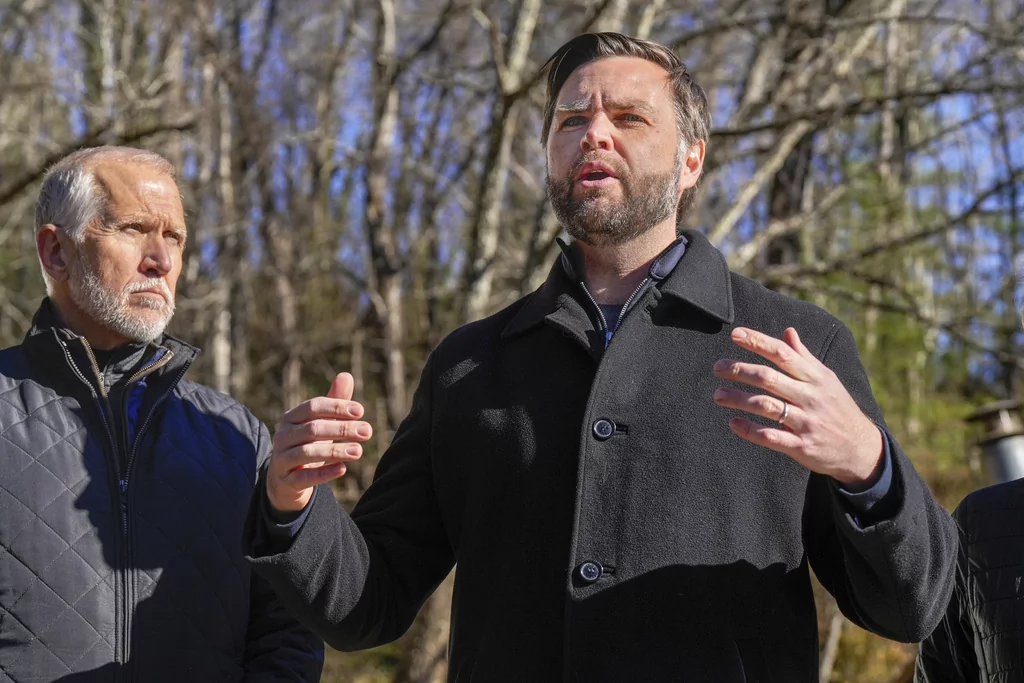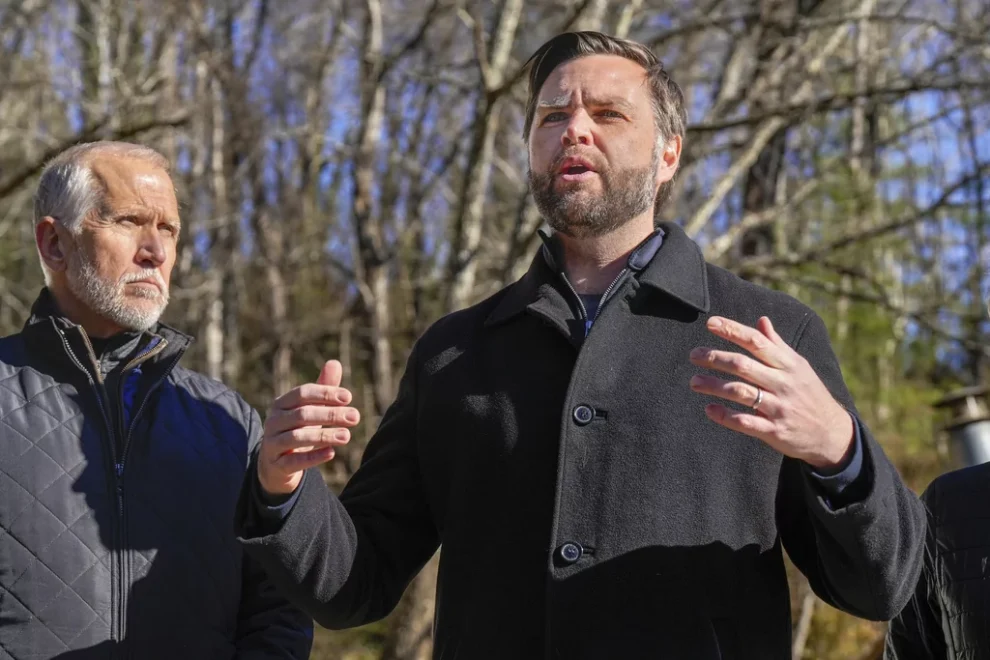Vice President-elect J.D. Vance is leading the charge to send a challenge to campaign finance limits to the Supreme Court.
The co-plaintiffs in the case are Vance, the National Republican Senatorial Committee, the National Republican Congressional Committee, and former Ohio Republican Rep. Steve Chabot, according to a petition made public Friday. The filing argues that federal limits that restrict coordination between political candidates violate the First Amendment.
MEET THE NEW CONGRESS: THE HOUSE AND SENATE FRESHMEN ELECTED TO SERVE NEXT YEAR

“A political party exists to get its candidates elected. Yet Congress has severely restricted how much parties can spend on their own campaign advertising if done in cooperation with those very candidates,” the document opened.
CONGRESSIONAL REVIEW ACT: WHAT TO KNOW ABOUT THE TOOL REPUBLICANS HOPE TO USE TO UNDO BIDEN RULES
“This petition, at its core, asks whether the First Amendment permits the government to ‘restrict
political parties from spending money on campaign advertising with input from the party’s candidate for
office,’” it read, adding that the 6th Circuit Court of Appeals had only ruled against them due to their perception that they had no choice.
“Even when the Supreme Court embraces a new line of reasoning in a given area and even when that reasoning allegedly undercuts the foundation of a decision, it remains the Court’s job, not ours, to overrule it,” the court’s Chief Judge Jeffrey Sutton said in September.
The plaintiffs argued that the “constitutional violation” had harmed the political system by incentivizing donors to instead funnel their money to super PACs, stripping parties of their power and boosting “political polarization and fragmentation across the board.”
CLICK HERE TO READ MORE FROM THE WASHINGTON EXAMINER
They also claimed to have had widespread support, saying that growing political polarization has “caused even stalwart defenders of campaign-finance regulation in general to call for the end of the limits here.”
A candidate can only accept $3,300 per person per election. This is often circumvented by committees such as the NRSC, which can take in up to $578,200 per person per election.
























